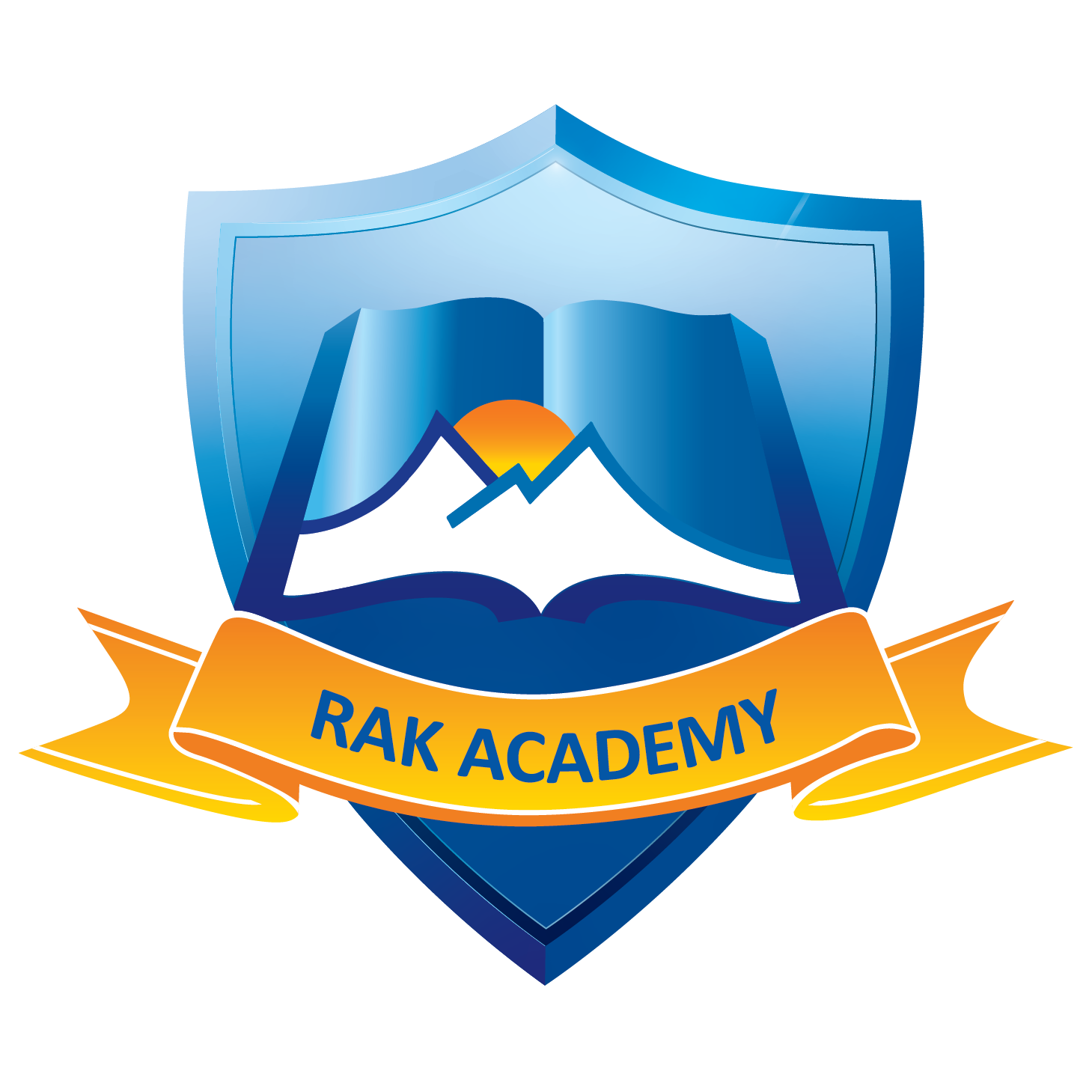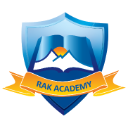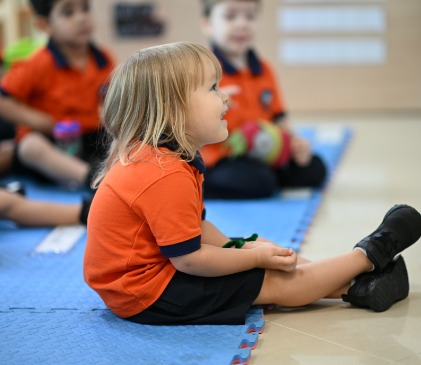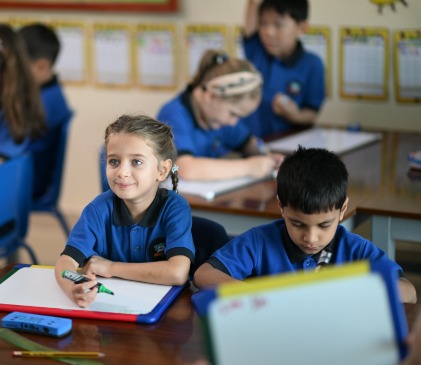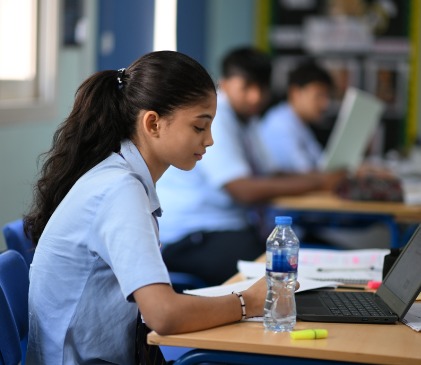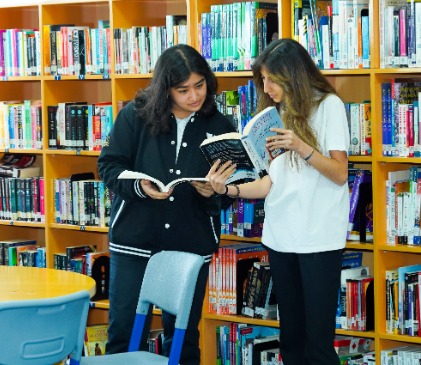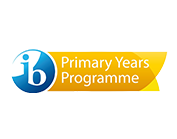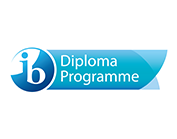Learning Pathways
- Home
- Learning Pathways
Learning
Pathways
RAK Academy provides a unique opportunity for parents to select between two curriculum pathways for their child. We offer both the UK curriculum and the International Baccalaureate across all stages of education, both in Primary and in Secondary School.
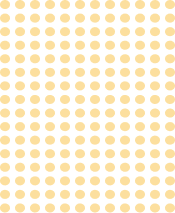
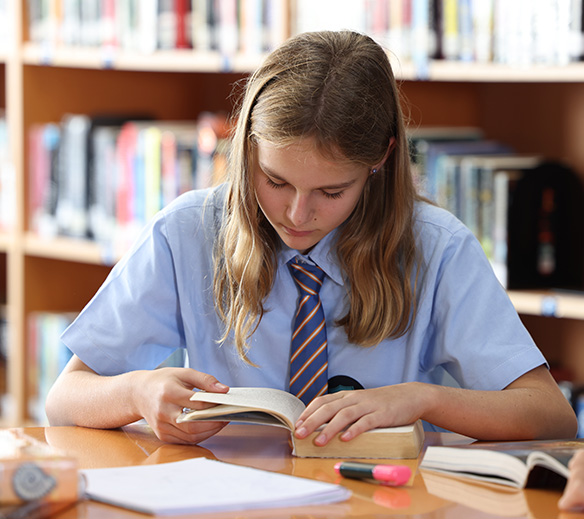

Whether you choose the UK curriculum or the International Baccalaureate, you can be confident that your child will receive an excellent education at RAK Academy.
In addition to the highly regarded and academically rigorous UK curriculum, we also offer the International Baccalaureate (IB) at our Khuzam branch. The IB offer at RAK Academy currently consists of the Primary Years Programme (PYP) for Grades 1 to 5, and the IB Diploma Programme at Grade 11 and 12. These internationally recognised programs encourage critical thinking, creativity, and a holistic approach to education, empowering students to become lifelong learners and global citizens.
At RAK Academy, we strive to provide a nurturing and inclusive learning environment that supports the individual growth and development of each student. By designing and delivering individualized learning pathways for each of our students, we ensure they are prepared for future success in higher education and beyond.
